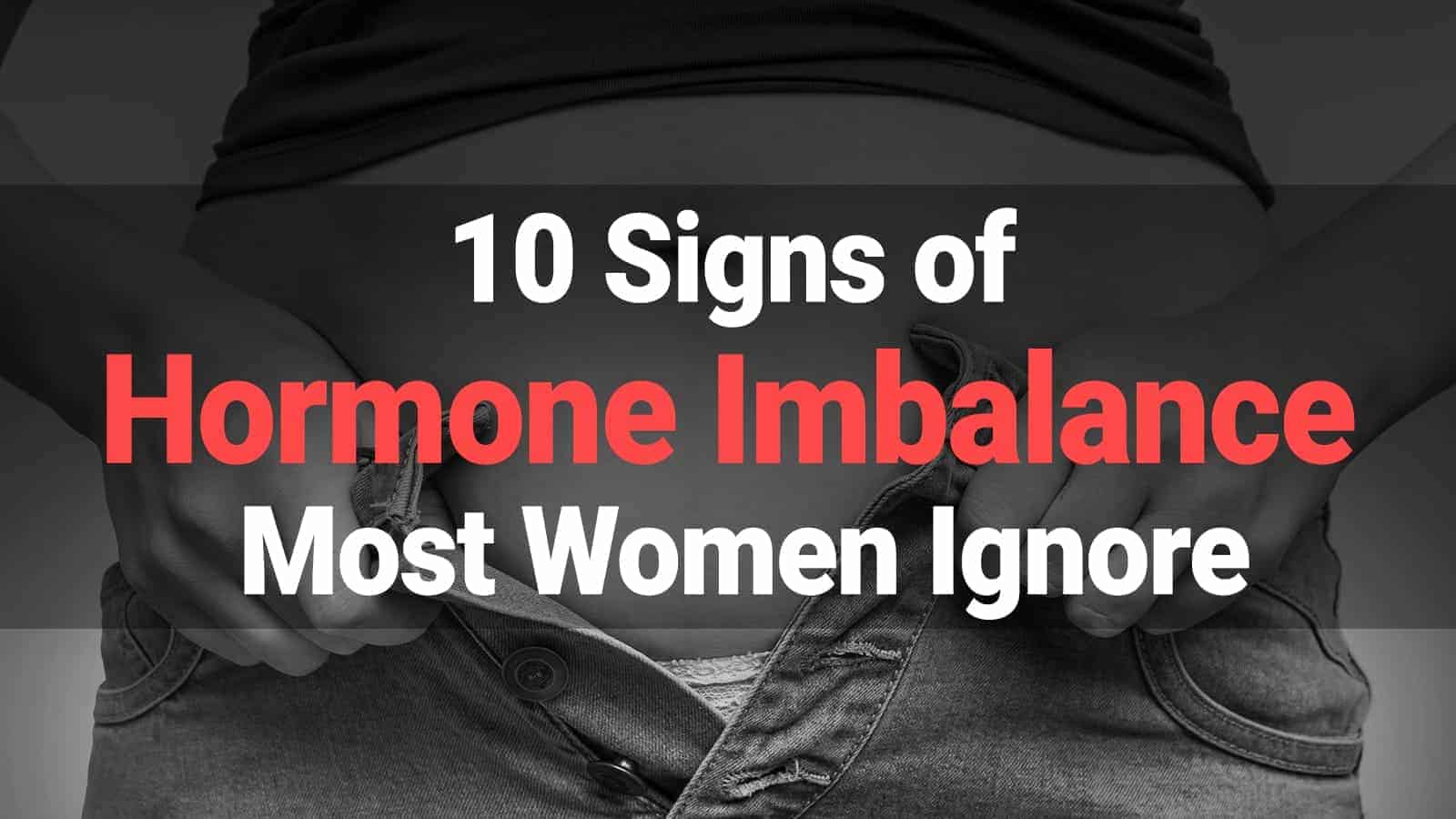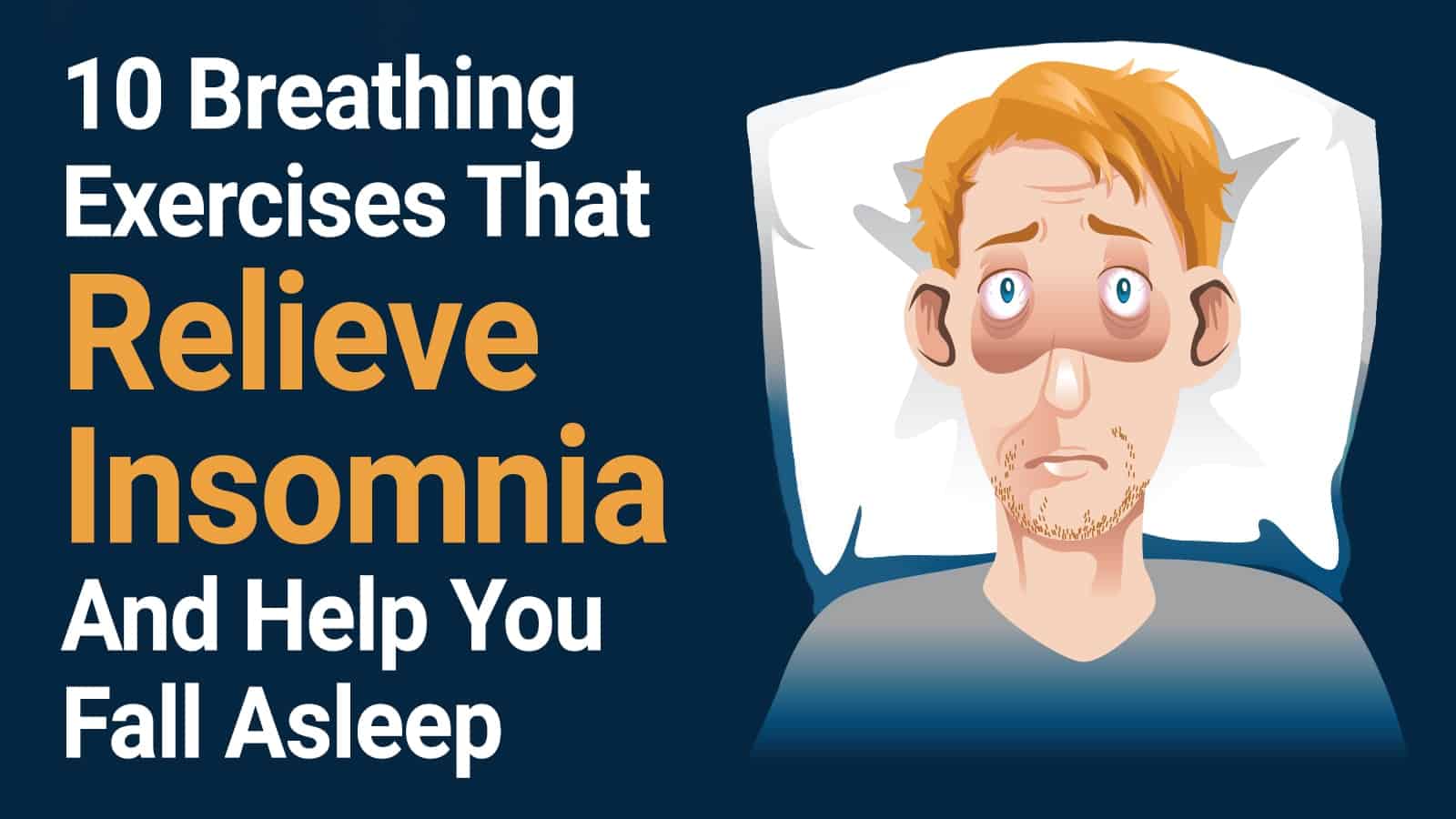Hormones are the body’s chemical messengers that enable the organs to perform their functions. Crucial to the body’s development, growth, repair, hormones also aid in processes such as digestion, metabolism, and reproduction. A hormone imbalance may affect a person’s physical and mental state.
Women are often labeled as “hormonal” because they experience hormonal changes more than men. It is normal to experience hormonal changes in your body because of your daily diet, activities, and lifestyle, regardless of age and gender.
To maintain positive health, however, you’ll want to keep the level of hormones in your bloodstream balanced. Otherwise, you’ll experience the unwanted side effects of having too much or too little of these chemicals. You’ll risk developing diseases that can affect the quality of your life and your longevity if you experience extreme hormonal changes. Here are some signs of hormonal imbalance that you must not ignore.
Here Are 10 Signs Of Hormone Imbalance Most Women Ignore
1. You have digestive problems
Do you have frequent episodes of irritable bowel syndrome (IBS)? You might say that the types of foods you eat are causing stomach issues like cramps, bloating, abdominal pain, diarrhea, constipation, and gas. However, having IBS could also be your body’s way of signaling that you have a hormone imbalance.
- Deep within the cell linings of the gastrointestinal tract are hormone receptors.
- When your hormone levels change, your digestive process also changes.
- IBS and other digestive discomfort develops when your serotonin levels are low.
Ever notice that you feel more constipated before you have your period? Once this phase passes, don’t you have an easier time doing your business in the bathroom each morning? This is caused by hormonal fluctuations.
2. Your appetite changes and you get food cravings
You may experience changes in your appetite when you have a hormonal imbalance. Your body may be producing more ghrelin than normal, so you feel a greater urge to eat. Gherlin is also called the hunger hormone. It stimulates your appetite and drives you to increase your food intake.
You could also experience a decrease in food cravings with a hormonal imbalance. This happens when the level of leptin in your body, also known as the satiety hormone, is on overdrive. This hormone regulates hunger. If your body is producing too much of it, you may have no desire to eat.
3. You gain weight
If you’ve been dieting and exercising but you’re still not losing weight, or if you are gaining weight despite watching what you eat, then your hormones might be imbalanced. At a certain age, you tend to gain weight or struggle to lose pounds. This occurs despite what you do to keep weight off because of this condition.
You might need to get medically assessed if you are struggling with your weight. There are different conditions tied to hormonal changes and weight gain, such as:
- Diabetes
- Thyroid disorder
- Cushing’s syndrome
- Polycystic ovarian syndrome (POS)
You will be able to manage your condition better once you get a proper diagnosis, guidance, and recommendations from the doctor. You can actively do some changes in your lifestyle as well when you know what’s really causing your hormone imbalance.
4. You’re prone to headaches
There are different types of headache triggers but a lot of women suffer from this condition when their estrogen level drops. This usually happens just prior to having a period.
Hormonal headaches and bad migraines can be easily relieved with over-the-counter pain medication. However, if you’re constantly experiencing headaches to the point that you can’t get up from the bed, you may need to take birth control pills to keep your estrogen level balanced.
It might also help to curb the headaches and keep your hormones balanced if you eat the right types of food. Additionally, do daily exercises, hydrate, focus on positive thoughts, and get adequate sleep. Observe your body and your period’s cycle as well to determine any triggers that intensify your period migraine so you can avoid these.
5. You experience brain fog
Brain fog is a colloquial term for forgetfulness or memory lapse. For many women, this isn’t just a sign of aging but a sign of hormonal imbalance.
Women in the stage of perimenopause and menopause are most prone to brain fogs because their estrogen levels are on the decline. In fact, women are reportedly three times more at risk of developing Alzheimer’s disease as they get older because of this hormonal imbalance, according to neuroscientist Karyn Frick.
A brain fog caused by a hormone imbalance may also be due to stress. When you’re under duress, your cortisol level increases, which can disrupt your brain function. Several studies have shown some links between stress and memory loss. Interestingly, your body needs cortisol in healthy amounts for many functions like regulating blood sugar levels, helping with metabolism, or reducing body inflammation.
If you’re experiencing memory issues due to hormonal imbalance, here are some options for you:
- Practice some relaxation techniques so you can better manage your stress levels.
- Get enough sleep and make sure to follow a regular sleep schedule.
- Drop the coffee drinking when it’s late in the afternoon.
- Get regular exercise but not when it’s almost your bedtime.
- Limit your intake of sweets and carbonated drinks.
- Do brain exercises like puzzles and word games.
- Read good books regularly.
- Try to learn a new musical instrument.
- Spend time socializing with your friends.
6. You have mood swings
Have you been experiencing an unusual mood and behavior? Do you notice this growing intense just before your period? Or perhaps you have mood swings because you are menopausal.
Women often develop mood swings because of a hormone imbalance. You may feel more irritable or easily triggered to cry or anger if you have an excess in estrogen and a lack of progesterone. On the other hand, you may feel more anxious or depressed when you have too much progesterone and a lack of estrogen.
Estrogen and progesterone affect your brain’s neurotransmitters and hormones like serotonin, dopamine, and norepinephrine. If the mood swings are severe and disrupt your normal functions, you might need to take medication to control the hormonal imbalance.
In some cases, however, you can alleviate mood swings with talk therapy. You may also need to steer clear of foods and drinks rich in sugar or caffeine to prevent causing more disruptions to your hormones.
7. You’re not in the mood to be intimate
A lack of desire for intimacy could also be a sign of hormonal imbalance. Lowered estrogen levels may cause breast soreness and tenderness, pain during intercourse, or dryness in your groin area that can make intimate moments with your partner unenjoyable.
But the women whose intimate life may be affected by hormonal imbalance can change this situation with a good diet and a doctor’s prescription to boost testosterone levels, according to research in the Journal of Sexual Medicine. Apparently, women may gain a more satisfying intimate experience if they receive extra doses of this hormone.
The one downside to this boost in testosterone, however, is an increase in unwanted hair growth. Talk to your doctor about this option carefully if you think that your lack of interest in intercourse is caused by a hormonal imbalance.
8. You have acne breakouts
Getting acne is one thing if you have an unhealthy skin care routine. But chronic acne that pops up time and again, even if you have good skin care habits, may be a sign of a hormonal imbalance. This happens because there is an increase in testosterone in your system. This hormone may stimulate excess oil production that can cause dead skin cells to clog your pores.
A cystic acne breakout due to hormone imbalance can be painful and irritating. It also doesn’t look flattering if you’re a woman in your ’40s or ’50s and you’re still getting breakouts.
You may need to apply corticosteroids or prednisone to control the acne. You may also have to get yourself checked for hormonal problems like polycystic ovary syndrome (PCOS) since one of the symptoms of this condition is too much acne.
9. You’re having problems with sleep
Is sleeping more like a chore than a relaxing activity? Do you find yourself tossing and turning in bed because you can’t get a shuteye? Is your sleep quality so bad that you wake up feeling more tired than refreshed? If your answer is yes to all these, then you may be suffering from a hormonal imbalance.
- Your body releases progesterone from your ovaries when you sleep, to regulate your cycle.
- If this hormone’s level is low, then you may struggle with falling or staying asleep.
- Sleeping can also be challenging for menopausal women because of night sweats and hot flashes.
- This happens when there’s a decrease in estrogen levels.
Don’t hesitate to see a doctor if your sleep problems due to hormone imbalance are causing inconvenience and discomfort. You need to get the best quality sleep because this will impact your physical energy, mental state, and immune system.
10. Your period is very irregular
A quarter of women apparently have irregular menstruation due to a hormone imbalance. While this not a dangerous medical case in most cases, it would be prudent to get yourself assessed if you have been experiencing irregular periods.
There are many factors tied to irregular periods. Doctors should be able to properly assess if you have amenorrhea, menorrhagia, dysmenorrhea, or oligomenorrhea, as well as prescribe the needed treatment. You need to take good care of your reproductive health because this is also a vital part of your general health and wellness.
Final Thoughts On Signs Of Hormone Imbalance Most Women Ignore
Many symptoms of hormonal imbalance can be easily addressed without medications first. Try to change your diet, lifestyle, and activities before switching to pills. Your condition may improve by these natural means.
Hormonal imbalance may also be a symptom of other underlying serious conditions, so it’s important to see a doctor as soon as possible. As with any type of illness, preventive treatment is always better than the best cure.


















